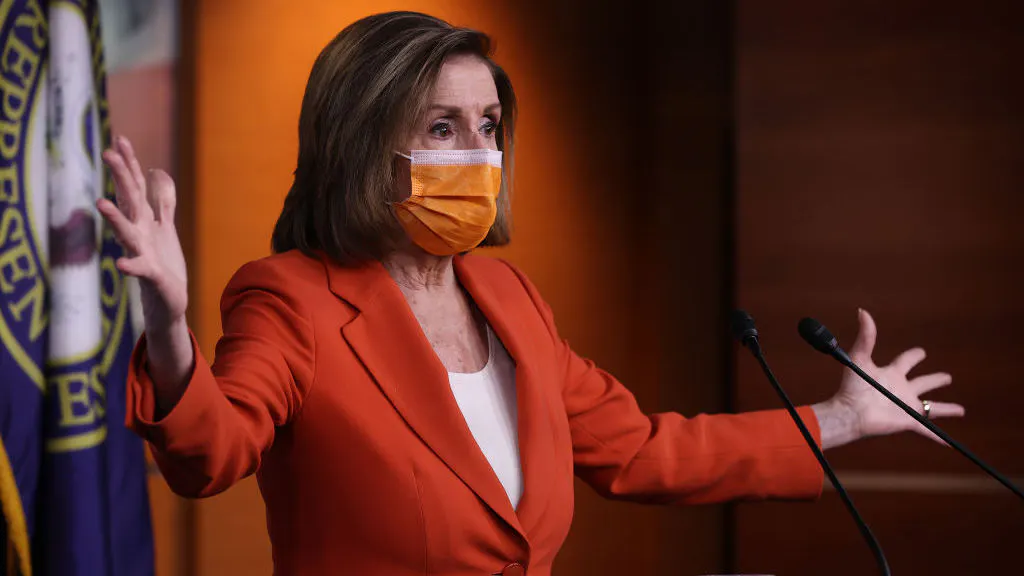The U.S. House passed a pair of bills on Thursday that, if signed into law, would mandate background checks on all gun purchases and extend the time federal officials may hold up a purchase to look into the buyer’s history.
The House voted 227-203 in favor of H.R. 8 to implement universal background checks on gun purchases. Eight Republicans sided with House Democrats to pass the measure. The second bill, H.R. 1446, passed with a slightly slimmer margin of 219-210. The legislation is now headed to the Democratic-controlled Senate where it is expected to die without enough support to clear the 60-vote threshold of a Republican filibuster.
Democrats promoted the legislation as necessary to keep firearms out of the hands of criminals and prevent mass shootings. Critics say that neither bill would have stopped any of the most notorious mass shootings of recent history.
“The Democrats have rushed two bills to the floor, no regular order, no hearing time,” Rep. Richard Hudson (R-NC) said of the legislation. “They have allowed no meaningful input from Republicans and – and these bills, again, would have not stopped a single mass shooting, not Newtown, not Charleston, not Parkland, not Las Vegas, not Sutherland Springs, would not have stopped the shooting of our former colleague, Gabrielle Giffords, because her shooter passed a background check.”
While H.R. 8 would effectively create a record of every gun transaction in the U.S., it stops short of creating a centralized gun registry. Gun rights advocates have warned, and gun control advocates have argued, that a universal background check mandate is a step toward the creation of such a registry, however. As the progressive outlet Vox reported: “Further legislation, such as gun licensing or a registry, is likely needed to make a significant dent in the US’s staggering gun violence statistics, but universal background checks are an important first step.”
“This is about creating a gun registry to track guns of the American people. There is no way to implement what the Democrats are trying to implement without doing that,” Rep. Chip Roy (R-TX) argued on the floor of the House on Wednesday.
H.R. 1446 was crafted to close what proponents of the bill have called the “Charleston loophole,” named after a 2015 mass shooting in which the shooter killed nine people at a black church in Charleston, South Carolina. Democrats suggest that the FBI could have stopped the shooting had it not been restricted to completing a background check within three business days or letting the gun purchase go through.
The bill increases the amount of time the FBI can hold up a gun purchase to 10 business days while it performs a background check. The National Rifle Association’s Institute for Legislative Action (ILA), a gun rights advocacy group, points out that the term “loophole” is misleading and that the law would not have prevented the Charleston shooting.
“The 3 day proceed to sale provision is a safety valve that ensures gun purchasers in the U.S. are not arbitrarily denied their Second Amendment Rights. Without the 3 day provision, the FBI has no incentive to complete checks in a timely manner,” ILA says, explaining the use of the so-called loophole.
The ILA says that the FBI would not have denied the Charleston shooter a gun anyway “because the murderer was not prohibited from possessing a firearm due to his drug arrest. Under federal law, a person has to be an unlawful ‘user’ of a controlled substance, so the government needs evidence of use, not simply possession, of a controlled substance.”

.png)
.png)

